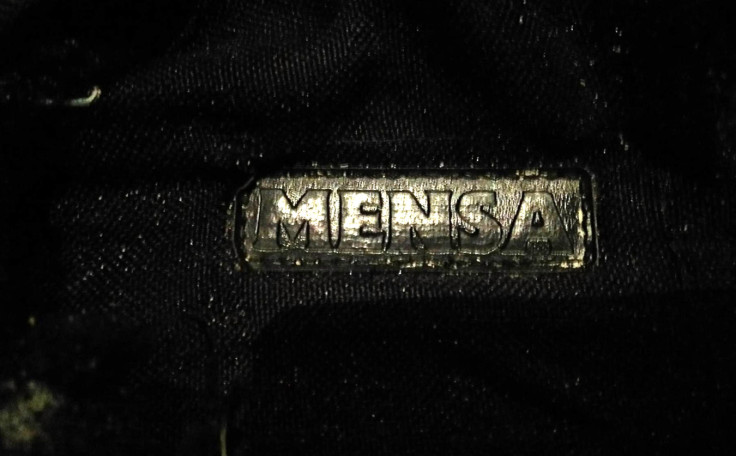Families of passengers of MH370 angry at possible evidence being ignored
Personal items and parts of the plane that resemble the plane seat of Malaysian Airlines, were found by a US lawyer.
Relatives of passengers from missing Malaysia Airlines Flight MH370 told BBC that Malaysian authorities might be ignoring possible new evidence.
Two journeys to Madagascar to pick up what could be debris from the plane have been cancelled in the last minute, according to the man who found the debris in Madagascar last month.
The possible clues have been left untouched with no likelihood of them being gathered for examination.
"Credible evidence is turning up, why are they not investigating it?" Grace Subathirai Nathan told BBC. Her mother Anne Daisy was on the plane when it vanished in March 2014.
She added, "From day one we've had the notion they want an end to it, to sweep it under the rug. How can potential evidence be unattended for a month? It's becoming a farce."
There are other families of victims who are just as frustrated as Grace. KS Narendran, who lost his wife Chandrika to the tragedy, told BBC, "It's been nearly a month, but the Malaysian response has been bordering on indifferent. The point is, these are all pieces of a puzzle, that pieced together might tell us a story."
The official reason being cited for the lapse is a lack of funds to travel, but Narendran says, "I wonder if it's just a way to bring it to a quiet close."
Blaine Gibson, a Seattle-based lawyer, sold his family home to conduct his own search of missing parts of MH370. He said that a Malaysian investigator was supposed to fly to Madagascar to pick up the debris on 16 June. The date was then changed to 21 June. A press conference was also called but the trip was finally cancelled in the last minute.
The Australian Transport Safety Board told BBC, "Australia is leading the underwater search for MH370 but it is Malaysia, as the investigating body, that retains authority for coordinating the examination of debris."
BBC tried reaching out to Malaysian authorities and International Civil Aviation Organisation for a comment but could not get a response.
Anne Evans, an accident investigator for the respected British Air Accidents investigation Branch said, "Their examination can reveal information about how the aircraft hit. For example, are all the pieces from the left or right side of the aircraft?"
She added that while information gleaned could be limited, it can possibly answer other questions as well.
"Was the aircraft intact when it hit the water, so do we have pieces from the entire fuselage, front and rear? Although the information gleaned from these items may be extremely limited given their small number, the documentation and analysis of all pieces can still yield some clues," she said.
The Malaysian authorities recently said that the items found on the Madagascar beach had nothing to do with the plane. The families, however, say that investigators should at least have a look at the items found.
Narendran said, "I don't understand why they won't even take a look at it. I understand members of my family won't come back, but it doesn't take away my need to know. I wonder if the families have become an afterthought or an irritation."
Grace, who runs a support group for the families, has tried to raise the issue in other places.
"We have written to the ICAO [International Civil Aviation Organization — the UN body in charge of aviation] but they don't write back. The Malaysians shun us.
"We have absolutely no communication with investigators. We still don't know what they found from analysis on the flaperon." [The first confirmed piece of debris to be found of the plane].
MH370, flying from Kuala Lumpur to Beijing, had 239 people on board when it disappeared in March 2014.

© Copyright IBTimes 2024. All rights reserved.





